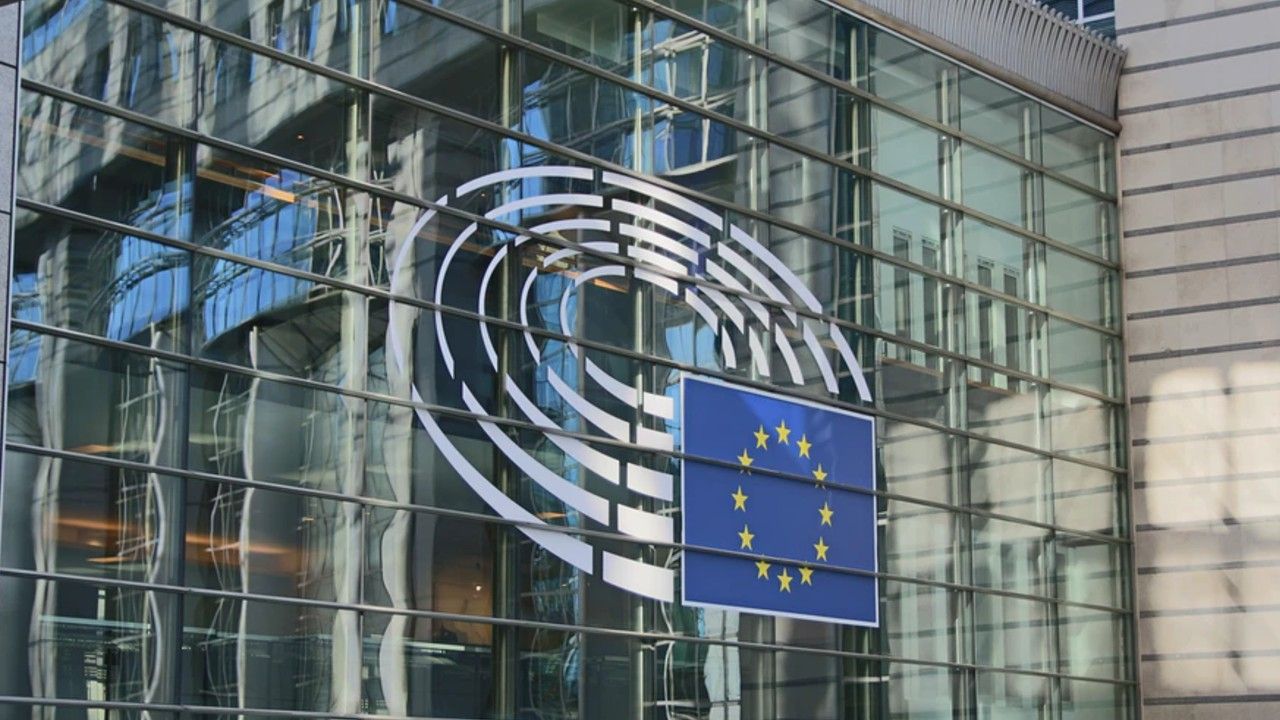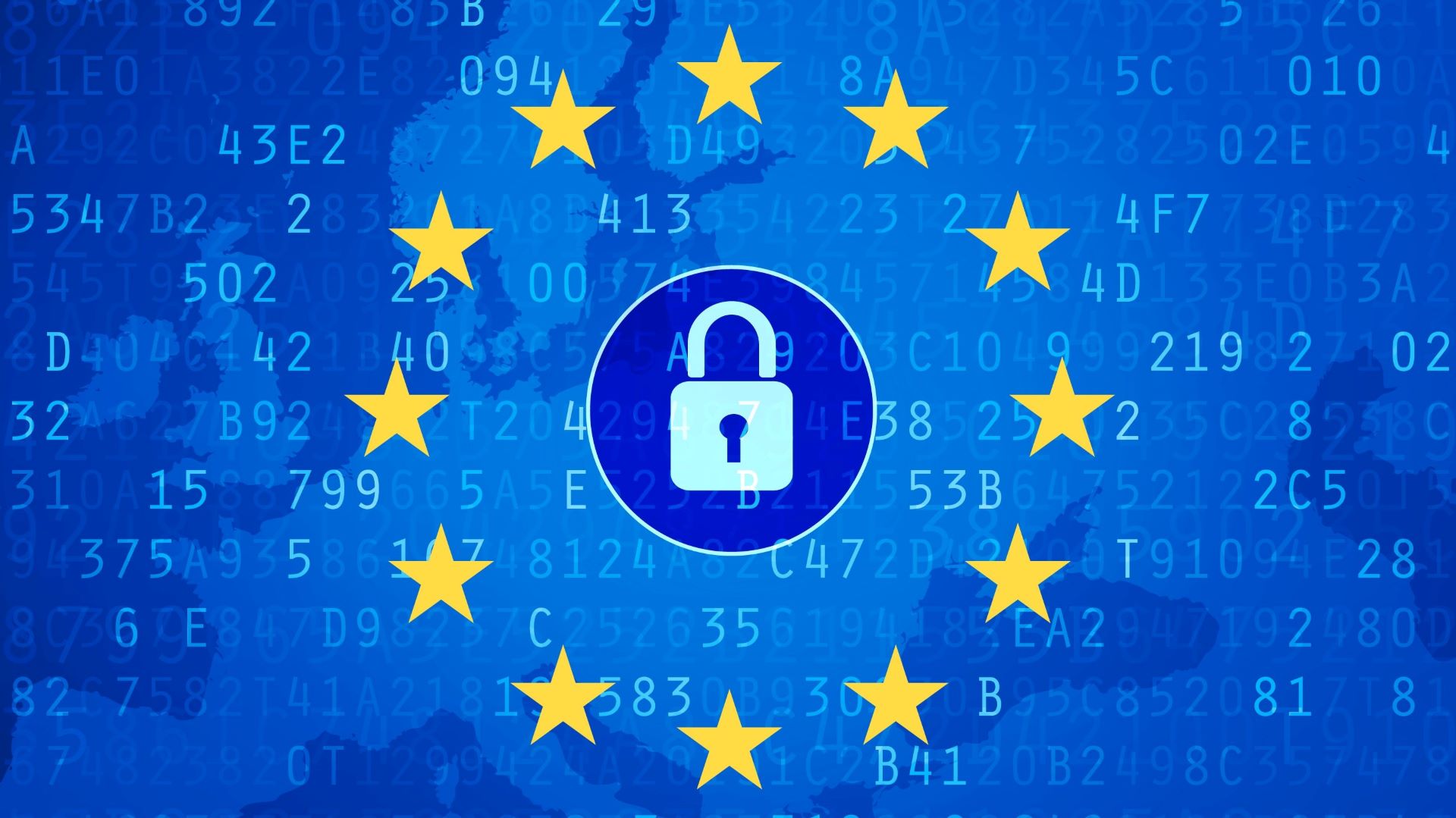
After over three years in the making, the fate of encrypted chats in Europe is anything but settled.
On September 12, 2025, EU members had to share their final position on the latest iteration of the Child Sexual Abuse Regulation (CSAR) proposal. Yet again, the bill failed to attract the needed support.
The Danish version of what critics have deemed Chat Control would require all messaging service providers operating in Europe to scan users' chats – even if they're encrypted – in a bid to detect and halt the spread of child sexual abuse material (CSAM).
These new obligations – and the risks they can lead to for people's privacy and security – not only have attracted strong criticism from digital rights experts and technologists, but they also keep dividing the political ranks.
However, despite the proposal not receiving full support, the Denmark is still moving forward. Another meeting is set for October 14 with the Justice and Home Affairs Council.
If successful, the CSAR bill will finally land in the European Parliament to be discussed as part of the trialogue negotiations, alongside the EU Council and Commission. This brings us to the question – will the Parliament save our encrypted chats?
The EU Parliament – "our only chance to save encryption"

"If the Danes do get it through in October, our only chance is that the Parliament defends encryption in the trilogue negotiations," Director of Government Affairs and Advocacy at the Internet Society, Callum Voge, told TechRadar.
The good news is that the EU Parliament is against mass scanning – on paper, at least. In November 2023, the vast majority of MEPs from both sides of the political spectrum already agreed on safeguards to ensure that mass scanning and general monitoring do not occur.
Then, in February 2024, the European Court of Human Rights made it illegal to break encryption. That's the technical infrastructure that the likes of Signal, WhatsApp, ProtonMail, and the best VPN services use to scramble our online communications to prevent unauthorized access.
These actions combined then pushed the EU to adopt a two-year extension of the interim regulation on voluntary chat scanning, waiting for the EU Council to strike the right compromise on Chat Control.

Despite not directly impacting the virtual private network (VPN) service, VPN providers have so far been very critical of Chat Control, too. While NymVPN's CEO deemed it "a major step backwards for privacy," the VPN Trust Initiative (VTI) – a consortium that includes the likes of NordVPN, ExpressVPN, and other big names – has also stepped forward in defense of strong encryption. You can read the VTI position paper here.
Fast-forward to July 2025, and the Danish version came as the latest attempt to find an agreement.
Crucially, the mandatory scanning is expected to occur directly on the device before messages are encrypted, targeting shared URLs, pictures, and videos. Only governments and military accounts are excluded from the scope of the bill.
Experts, however, still believe such a client-side scanning system seriously endangers encryption protections. A risk that pushed over 500 cryptography scientists to sign a letter to warn against agreeing to the proposal in its current form.
Hence, as the Chat Control has never been closer to becoming law, the EU Parliament's role is set to be crucial.
There's just one problem now – following last year's European elections, the formation of the EU parliament has been completely reshuffled. And that's something that makes digital rights groups like the Internet Society worried.
"As the new Parliament is more on the right now, my concern is how strong they will hold their position," said Voge.
It's also fair to think that after over three years, the Parliament is eager to close the Chat Control matter – once and for all.
Back in August, the Parliament promised an extension of the interim regulation only if an agreement is reached in the Council. A move that former MEP for the German Pirate Party and digital rights jurist, Patrick Breyer, deemed a "political blackmail."
What's next for our private chats?
As per the latest data, 14 EU members support the proposal (including crucial countries like France, Italy, and Spain), nine are against, and four are still undecided.
Most notably, while Germany joined the opposition on the eve of the crucial September 12 meeting, the country has now reverted to the undecided list. Germany is thought to be the deciding factor, making Chat Control's critics worried.
The previous government was indeed very pro-encryption – seeking to make encryption a legal right at home, while strongly opposing mandatory scanning in the block. Yet, the new administration has been "giving very mixed messages," Voge explains.
Voge is nonetheless pretty positive about the opposition holding through the October meeting, with the Danes failing to get their proposal through. That said, he recognizes the pressure on the Council to find an agreement as "concerning."
He told TechRadar: "The only risk here is for the negotiations to be political rather than technical. If that occurs, there is a risk of countries changing their position in exchange for support on some other file. That's why public pressure on this will be so vital, especially with the EU Parliament remaining our best chance."
.jpg?w=600)






